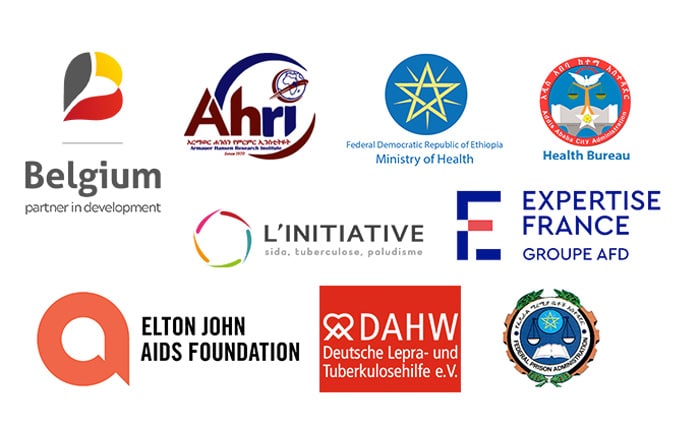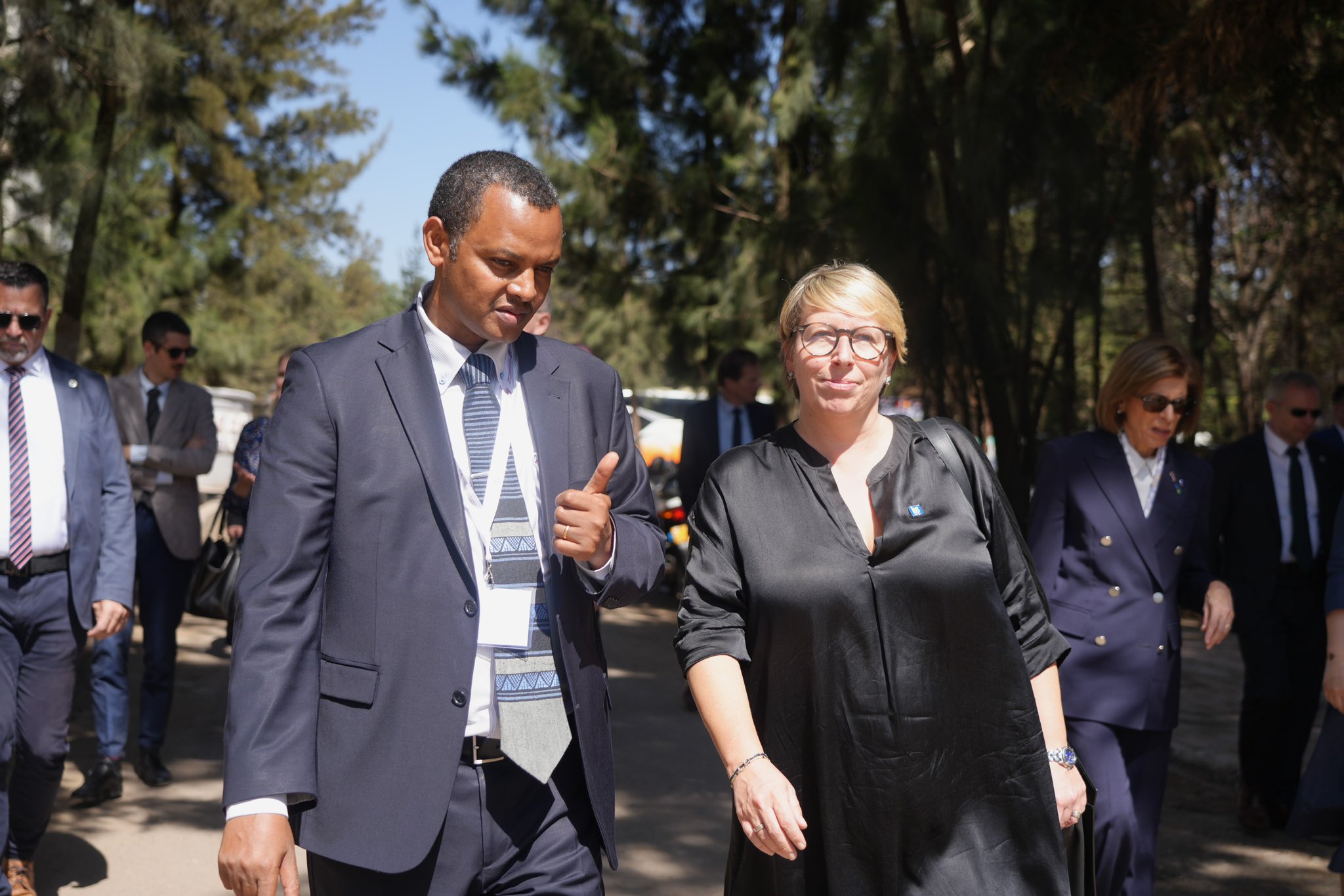On February 6, 2024, a health mission from “Team Europe,” led by Belgian Minister for Development Cooperation Caroline Gennez and EU Commissioner for Health and Food Safety Stella Kyriakides, visited the Armauer Hansen Research Institute (AHRI) in Addis Ababa, Ethiopia. This visit included a stop at APOPO’s innovative Ethiopia tuberculosis detection program, which operates within the facilities of AHRI, highlighting a significant partnership aimed at combating tuberculosis (TB) in one of Africa’s megacities.
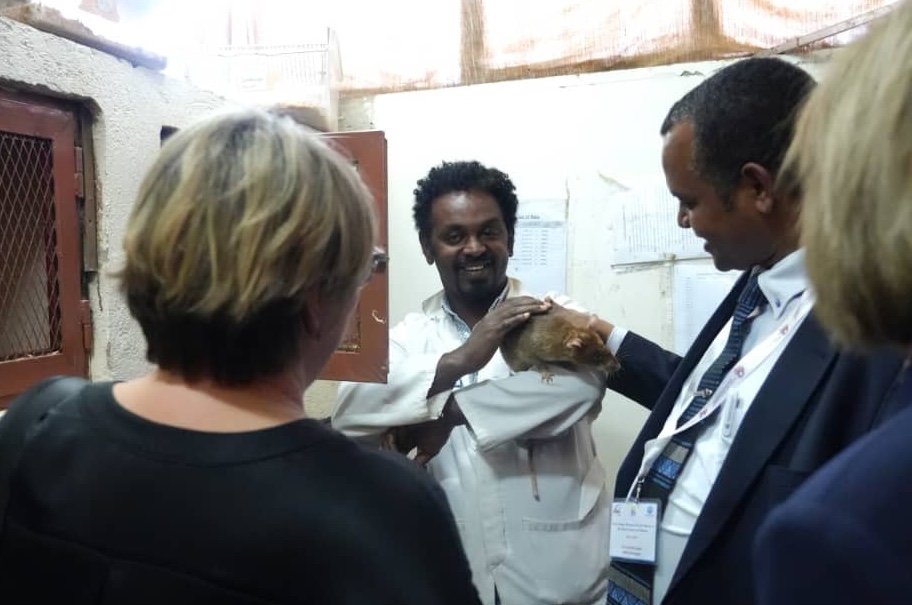
The EU delegation, which also included Martin Seychell, the EU Deputy Director General for International Partnerships, Javier Nino Perez, Ambassador of the European Union to Ethiopia and Head of the EU Mission to the African Union, visited APOPO’s TB detection rat facility located within AHRI in Addis Ababa. AHRI, a federal government institute, is the main partner and host for this project, focused on enhancing national TB control efforts in Ethiopia.
The EU delegation’s visit to APOPO’s program was part of a broader effort to strengthen health partnerships between Africa and the European Union, in line with the EU’s Global Health Strategy. APOPO’s use of African giant pouched rats (aka HeroRATs) for second-line TB screening is an innovative detection method that contributes effectively to TB diagnosis and treatment strategies in Ethiopia.
Addis Ababa’s TB Challenge
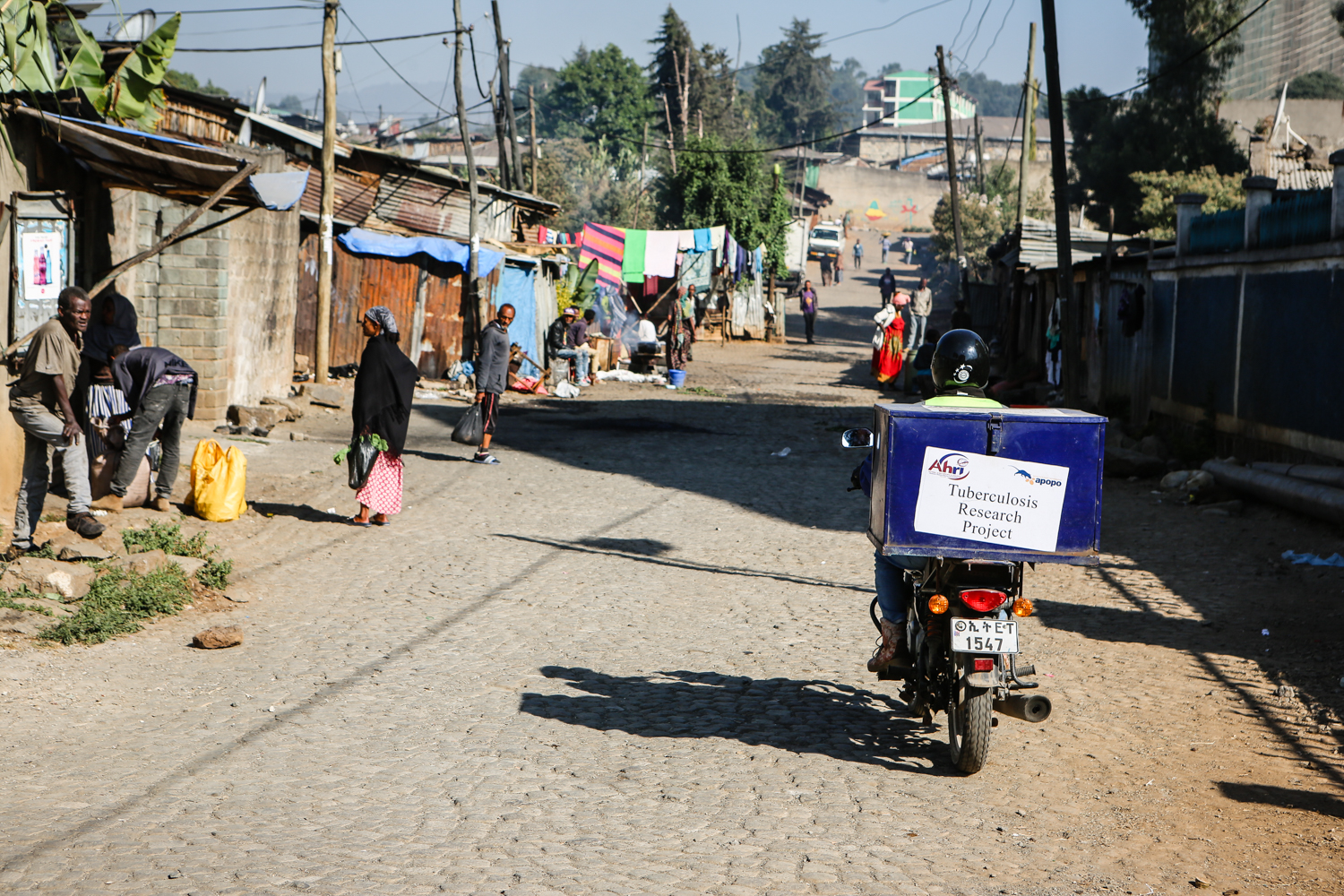
The Ethiopian capital, Addis Ababa faces significant health challenges, particularly in terms of the spread of TB. The disease’s prevalence in slum areas of the city is exacerbated by factors such as overcrowded living conditions, poverty, and limited access to medical care. In response to this pressing health issue, APOPO’s project in Addis Ababa supported by L’Initiative, Expertise France, screens individuals from these communities for pulmonary tuberculosis.
This initiative is particularly noteworthy for its deployment of all-female urban health extension officers, focusing on a population segment that is especially vulnerable to TB due to poor housing conditions and restricted healthcare access. By targeting these communities, the program aims to bridge gaps in TB detection and treatment and improve health outcomes in the city.
EU Mission’s Support and Future Collaborations
The “Team Europe,” health mission’s engagement with APOPO’s Ethiopian TB detection program demonstrates the importance of novel, collaborative approaches to public health challenges. The mission’s visit not only recognizes APOPO’s impactful work but also is a call for continued and expanded partnerships between European and African organizations in the health sector. Such collaborations are crucial for advancing innovative solutions that can lead to substantial improvements in global health security and outcomes.
Implications for Global Health
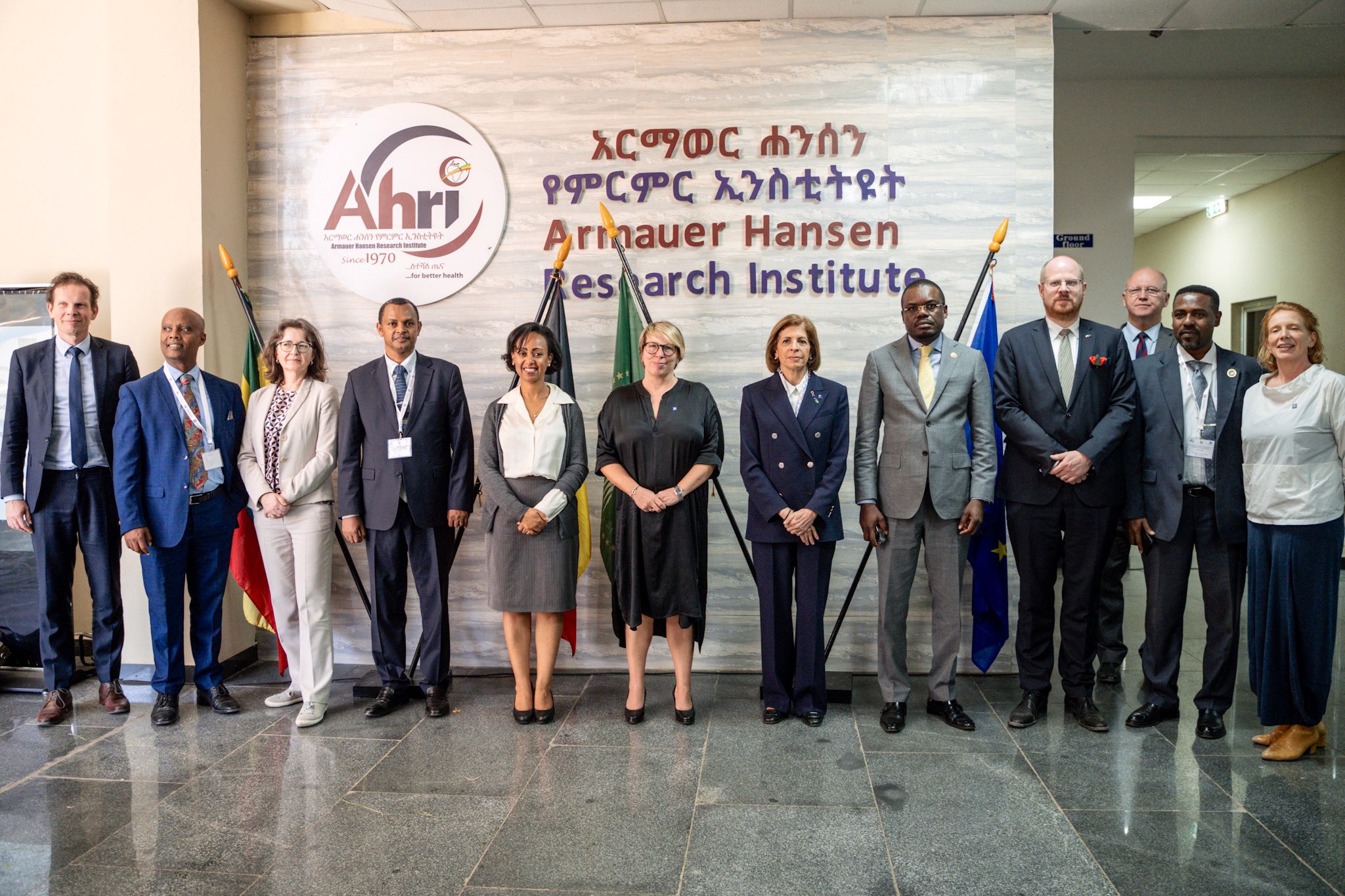
The visit by the EU delegation to AHRI and APOPO’s TB program in Addis Ababa is a sign of the global community’s commitment to fighting TB and other health challenges through innovative and collaborative efforts. APOPO’s work, supported by international partnerships, highlights the potential for unconventional methods to address health issues effectively, offering hope for better health outcomes for vulnerable populations in Ethiopia and beyond.
As the partnership between the EU and Africa continues to grow, initiatives like APOPO’s TB detection program will remain essential in the collective effort to improve global health. The support and attention from such high-level international missions confirm the value of APOPO’s innovative health solutions and the importance of working together to combat diseases that disproportionately affect the world’s poorest communities.
APOPO’s TB detection initiatives in Ethiopia received significant support from The Skoll Foundation, which funded the construction of their facility, procurement of equipment, and two years of operations. To ensure that patients diagnosed through this project receive timely treatment, APOPO collaborates with the Addis Ababa City Administration Health Bureau and the National Tuberculosis and Leprosy Control Program (NTLP). Additionally, the partnership network includes the support of the Elton John AIDS Foundation, the German Leprosy and Tuberculosis Relief Association (GLRA), the Ethiopian Federal Prison Administration and L’Initiative, Expertise France.
